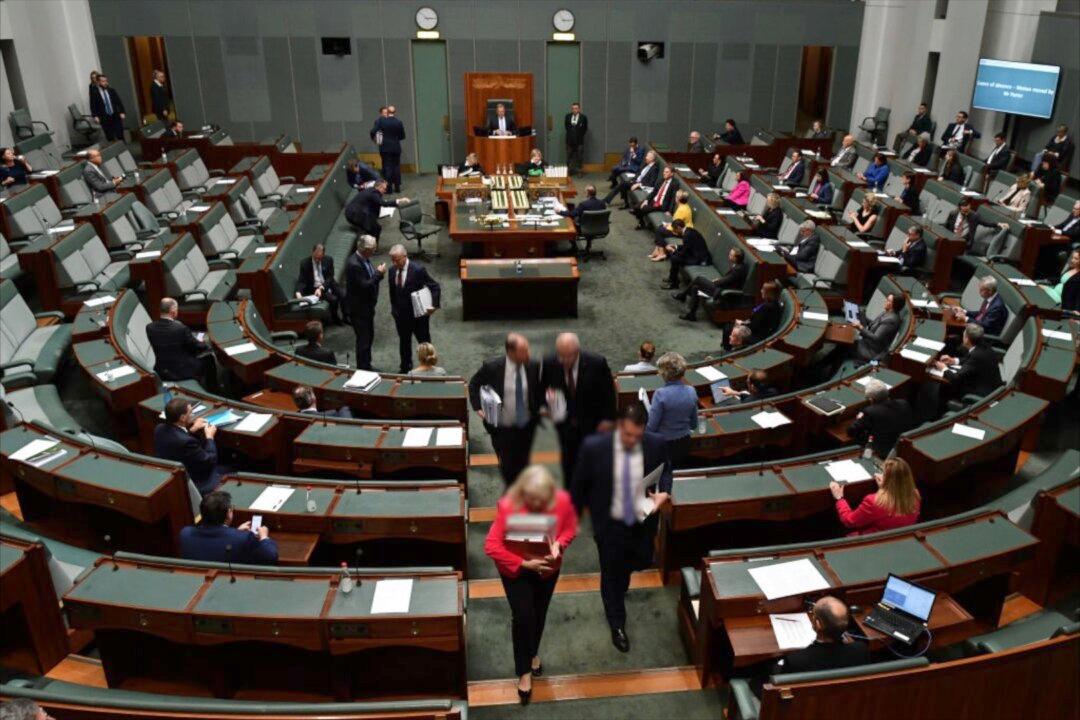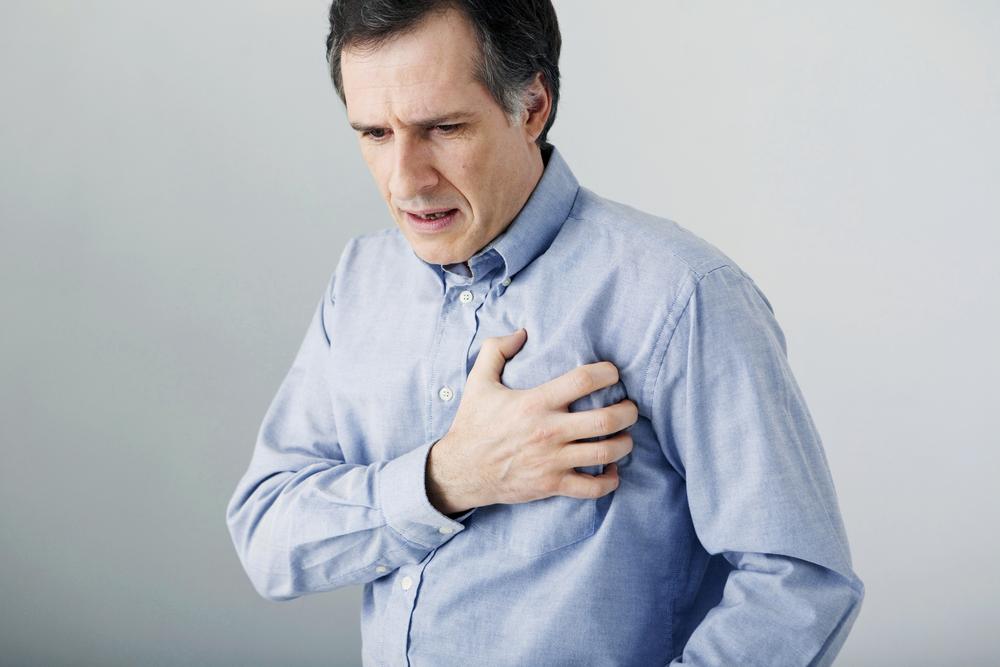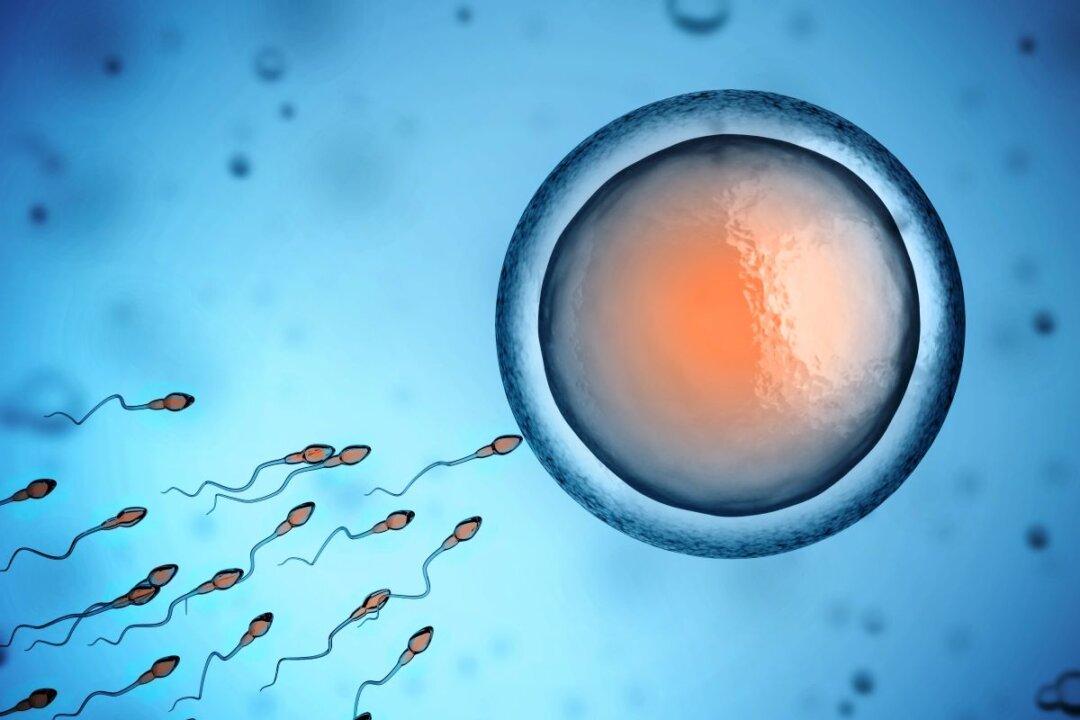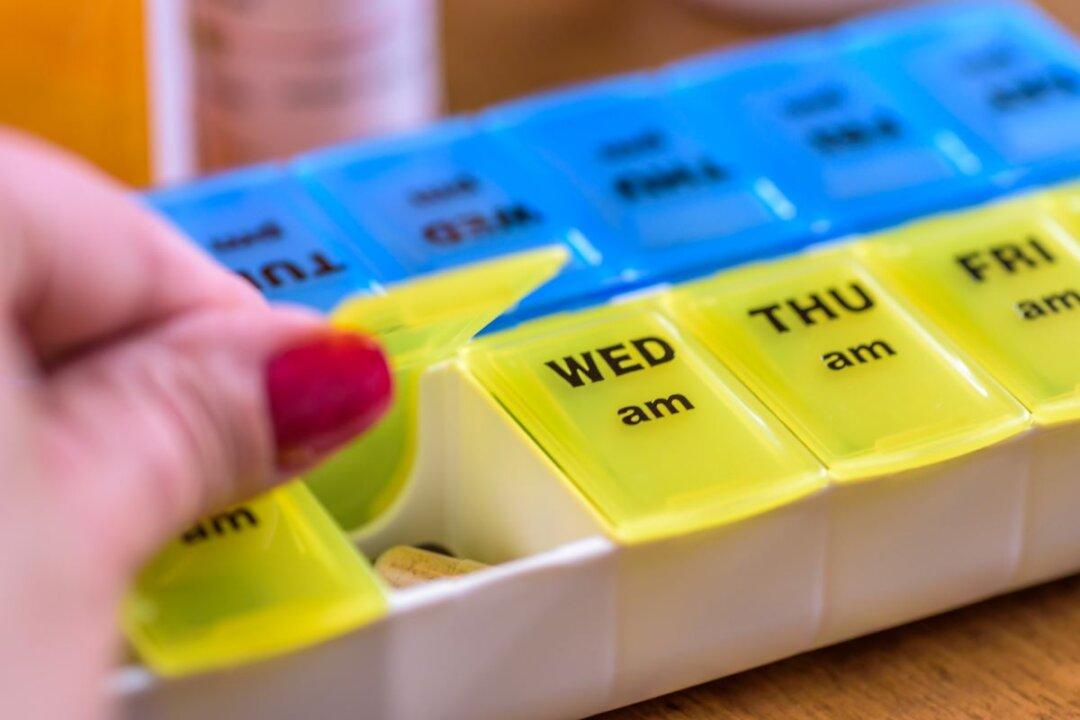The state government plans to repeal a section of the Workers Compensation Act that presumes that workers who contract COVID-19 did so at work.
In an NSW government press release on Nov. 14, Premier Dominic Perrottet said the amendments to the act had been made in May 2020, when little knowledge existed about COVID-19 and its transmission.





